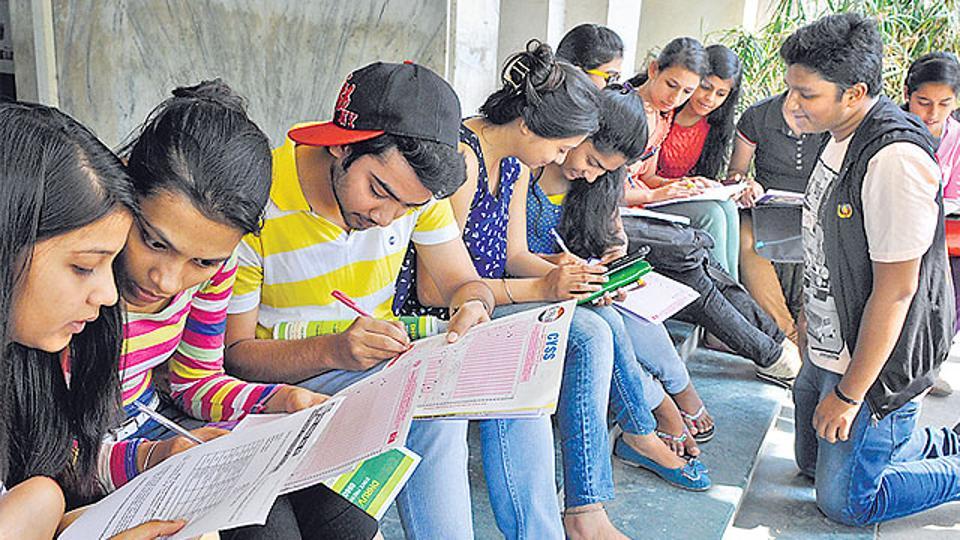
Admission to all engineering colleges across the country will be done through a single entrance examination from next year with the AICTE approving a regulation in this regard, sources said.
The All India Council for Technical Education (AICTE) on Tuesday approved a comprehensive package, including the single national test, for improving engineering education.
The AICTE, which is the statutory body and a national-level council for technical education, also directed institutes to go for induction courses, yearly revision of curriculum and teacher training through SWAYAM platform, said a source.
To implement the package Rs 250 crore would be spent, the source added.
The Study Webs of Active-Learning for Young Aspiring Minds (SWAYAM) is a programme developed by the government to take the best teaching learning resources to all, including the most disadvantaged, by bridging the digital divide.
Once implemented, the single entrance test will do away with the practice of multiple entrance examinations conducted by central agencies, state governments and private institutions.
“The AICTE has come up with the regulation following a directive by HRD minister Prakash Javadekar. It will now be sent to the ministry for an approval. After that a gazette notification will be issued,” said a source.
According to officials, the single test for engineering, as well as architecture courses, will be along the lines of the National Eligibility-Cum-Entrance Test (NEET), a single, all-India test for entry to medical and dental colleges launched in 2016.
However, students seeking admission to the Indian Institutes of Technology (IITs) will have to clear the JEE-Advanced after taking the engineering entrance exam.
“The AICTE has been advised to ensure that the examination process is standardised keeping in view the linguistic diversity of the country. The test will also be conducted multiple times every year,” said a senior official.
Regulations have been issued under the AICTE Act making it mandatory for every state to follow it.
Sources said in case a state refuses to adhere it, it will lose the AICTE approval for the institutes.
“The aim is to make the process more transparent, standardised, and free of corruption and commercialisation,” a government official said, referring to allegations that some private institutions charge exorbitant capitation fee from students.
India has more than 3,300 approved engineering colleges affiliated to universities, with an annual intake of an estimated 1.6 million students. But only about half of the seats are filled.
The current admission process at the graduation level is dependent on performance in entrance examinations conducted by various agencies.
The Central Board of Secondary Education (CBSE) conducts the JEE-Main for the Centre-funded institutions. More than 1.3 million students write this examination every year.
A number of states conduct their own tests while some grant admission based on marks obtained in class 12. Several private colleges also have their individual entrance examinations.
